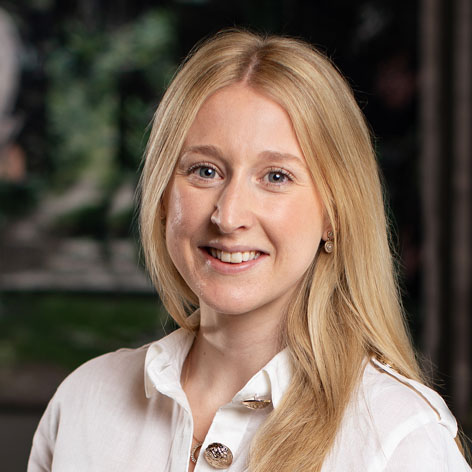Upper Tribunal rules that transfers of shares to a pension fund do not qualify for tax relief
28 May 2020The Upper Tribunal in HMRC v Sippchoice Ltd [2020] UKUT 0149 (TCC) has ruled that “transfers of non-cash assets made in satisfaction of pre-existing money debts are not ‘contributions paid’”. Member contributions to a pension scheme must therefore be paid in monetary form to qualify for tax relief.
The background
In 2016 a number of taxpayers made contributions to a scheme operated by Sippchoice by way of in specie transfers of shares. In line with HMRC guidance the transfers were made in settlement of a debt collected by the pension scheme. Sippchoice claimed tax relief pursuant to s.188 of the Finance Act 2004 (the Act). HMRC denied the claim for relief on the basis that in specie contributions did not qualify for tax relief. Sippchoice appealed and were successful in the First Tier Tax Tribunal, which held the expression “contributions paid” in s.188 was wide enough to cover a transfer of assets in satisfaction of a debt, in this case shares.
HMRC, concerned that this had become a widespread practice, appealed the decision.
The Upper Tribunal’s decision
The Upper Tribunal found that the expression “contributions paid” in the Act is restricted to contributions of money. It followed that the transfer of shares into a scheme did not constitute ‘contributions paid’ within the meaning of the Act and therefore the transfers were not eligible for tax relief. HMRC had therefore correctly refused Sippchoice’s claim for tax relief.
On the facts, the Upper Tribunal also found that the taxpayer in this case was never under any contractual obligation to make a payment to Sippchoice in satisfaction of a pre-existing money debt.
What are the implications of this decision?
- We do not know yet whether the decision will be appealed by Sippchoice, but SIPP providers will need to assess their exposure to in specie transfers on which relief has been claimed and which may now be subject to an attempt by HMRC to challenge the claims.
- SIPP providers could face claims and complaints to the Financial Ombudsman by disgruntled members.
- Pension scheme members who have already made in specie transfers should seek advice.
- The Upper Tribunal criticised the wording of the Pensions Tax Manual, which is likely to be reviewed in due course.
- The Upper Tribunal also reminded taxpayers of a more general point – that “[s]tatements in HMRC’s manuals are merely HMRC’s interpretation of the law in their internal guidance and they do not have the force of law … [if] the legislation bears a different meaning to that found in the HMRC manual, the legislation must be preferred.”.
Transfers of non-cash assets made in satisfaction of pre-existing money debts are not “contributions paid” within section 188(1) FA 2004
Get in touch

